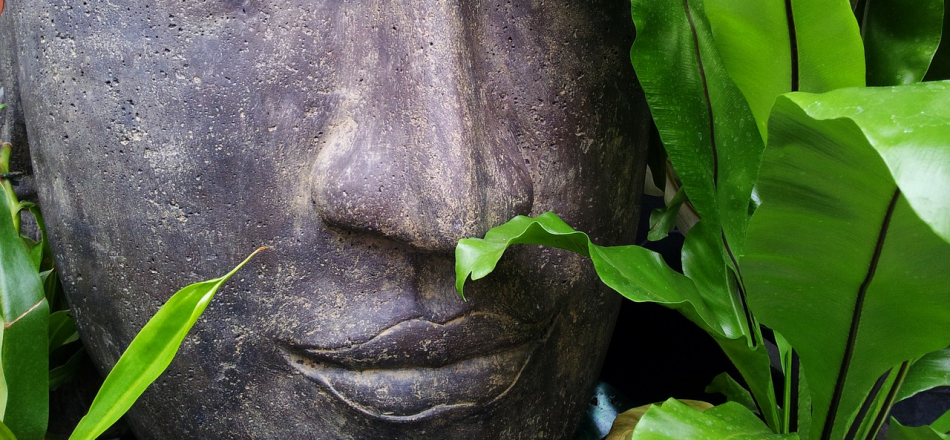Withdrawal-induced tinnitus: quick tips
- Many find that removing inflammatory foods from their diet, especially sugar and dairy, can be helpful
- Check out “tinnitus retraining therapy” or “tinnitus alleviator” apps for your device
- Avoiding stimulants such as coffee, chocolate, caffeinated tea, and nicotine, along with alcohol, can be helpful
- Many find that avoiding stressful situations is an effective way of lessening the intensity of the symptoms (stress can often set off or worsen tinnitus)
- If you notice your tinnitus gets worse in quiet areas, adding noise to the room you’re in such as a sound machine, music, or a podcast or radio show, may help distract from the sound
- Getting enough sleep is important
- For some, acupuncture, Reiki, craniosacral therapy, or bodywork can help (for others in withdrawal, these therapies can be overly stimulating, so be sure to listen to your body)
- Hypnosis can be helpful
- Try shifting your mindset about the ringing: rather than see it as a scary problem you wish were gone, welcome it in as a temporary, if sometimes unpleasant, visitor. For example, some people believe that tinnitus is the inner sound of one’s own nervous system working – so consider the possibility that you may be hearing the healing within you happening.
- You can find some self-help exercises at this website, though keep in mind that this website is related to tinnitus more generally (which can be caused by a variety of different things such as hearing loss), rather than temporary, withdrawal-induced tinnitus.


